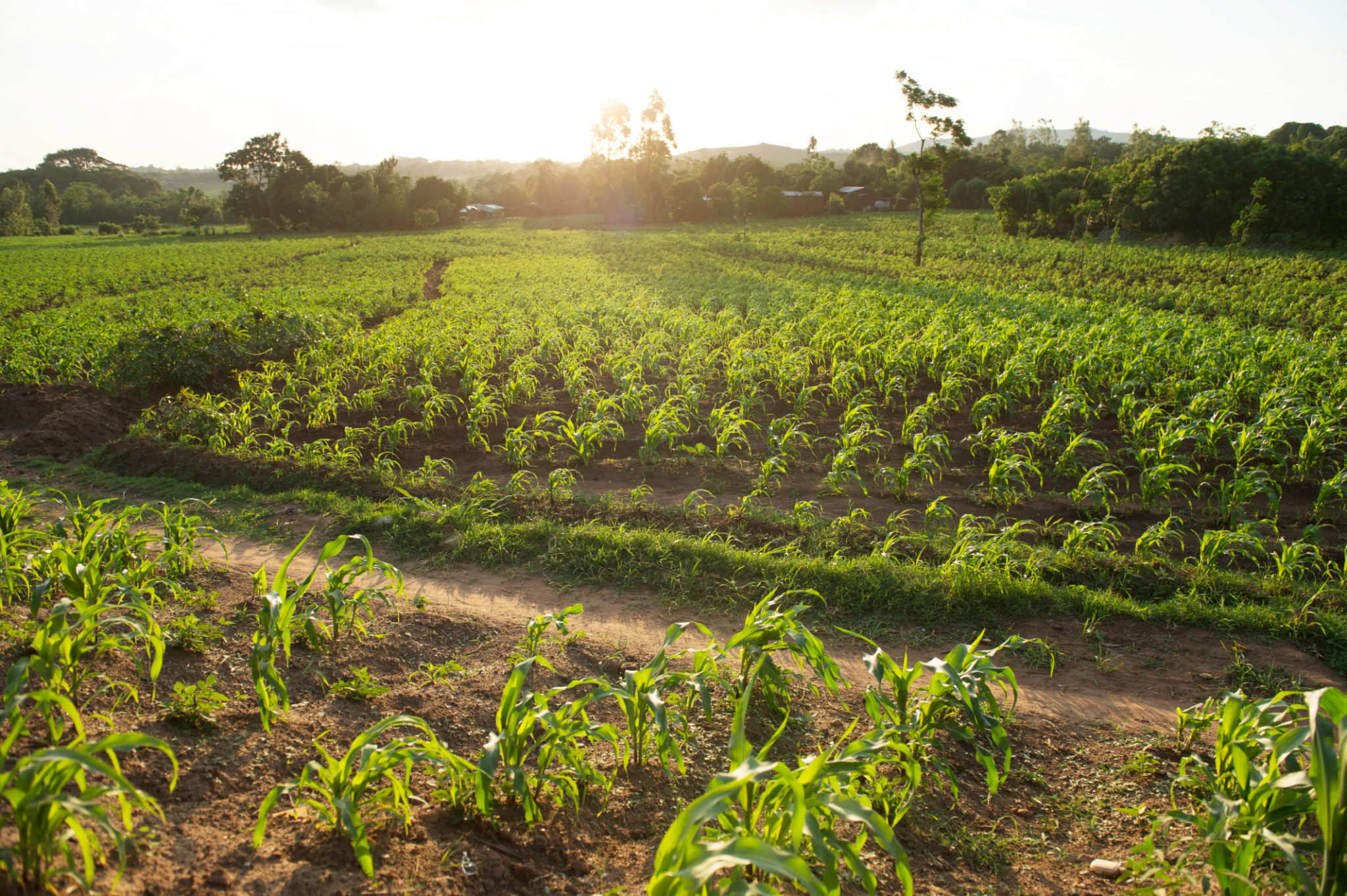Sustainable Agriculture: Key Practices for Malawian Farmers
LW
Understanding Sustainable Agriculture
Sustainable agriculture is an approach to farming that focuses on producing food in a way that is environmentally friendly, economically viable, and socially responsible. In Malawi, where agriculture is the backbone of the economy, adopting sustainable practices is crucial for maintaining the health of the land and improving the livelihoods of farmers.
By integrating traditional methods with modern techniques, Malawian farmers can enhance productivity while preserving the environment. This approach not only supports ecological balance but also ensures food security for future generations.

Crop Rotation and Diversification
One of the key practices in sustainable agriculture is crop rotation. This involves alternating the types of crops grown on a particular piece of land to improve soil health and reduce pest infestations. For Malawian farmers, planting legumes such as groundnuts or soybeans can replenish nitrogen levels in the soil, benefiting subsequent crops like maize.
Diversification also plays a critical role in sustainable farming. By planting a variety of crops, farmers can protect their livelihoods from market fluctuations and adverse weather conditions. This practice not only boosts income but also improves food security by providing a more balanced diet.
Efficient Water Management
Water scarcity is a significant challenge for farmers in Malawi. Implementing efficient water management techniques can help mitigate this issue. Practices such as rainwater harvesting and drip irrigation allow farmers to make the most of available water resources, reducing waste and ensuring crops receive adequate hydration.

Additionally, constructing small-scale dams and using mulching techniques can help conserve soil moisture. These methods are particularly beneficial during dry seasons, enabling continuous crop production and reducing reliance on unpredictable rainfall.
Soil Conservation Techniques
Maintaining healthy soil is essential for sustainable agriculture. Techniques such as contour plowing, terracing, and agroforestry can prevent soil erosion and maintain fertility. In Malawi, where deforestation is a concern, planting trees alongside crops can offer shade, improve soil structure, and enhance biodiversity.
Moreover, incorporating organic matter such as compost and manure into the soil can increase its nutrient content, promoting robust plant growth. These practices contribute to long-term agricultural sustainability by ensuring that the land remains productive for years to come.

Integrated Pest Management
Pest control is another critical aspect of sustainable farming. Integrated Pest Management (IPM) combines biological, cultural, and mechanical methods to control pests with minimal chemical input. This approach reduces damage to crops while preserving beneficial insects and other organisms.
For Malawian farmers, using natural predators like ladybugs or introducing pest-resistant crop varieties can be effective IPM strategies. This not only reduces reliance on chemical pesticides but also lowers production costs and minimizes environmental impact.
Community Involvement and Education
Sustainable agriculture thrives in communities where knowledge sharing and collaboration are prioritized. Educating farmers about sustainable practices and encouraging community involvement can lead to more widespread adoption of these methods.
Local workshops and farmer cooperatives can serve as platforms for exchanging ideas and experiences. By working together, Malawian farmers can overcome challenges, innovate solutions, and create a resilient agricultural system that benefits everyone.
